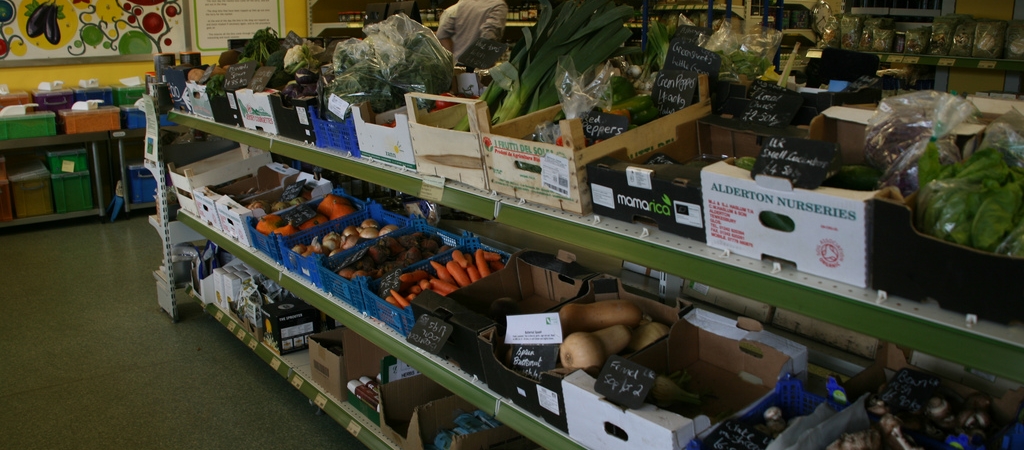Sustainability toolkit for organic businesses
Why sustainability matters and practical steps to achieve more in your business
A guide designed to help you improve the profitability, sustainability and environmental performance of your business.
Resource explained
This toolkit is a guide that was developed by Better Organic Business Links (BOBL), an Organic Centre Wales project, in partnership with Weir Total Supply Chain Sustainability (Weir tscs). It is based on research that was carried out on organic businesses in Wales to understand and improve the sustainability of their operations and supply chains. It looks at why sustainability matters and helps you assess how sustainable your business is through using a basic scoring system. It will help you develop a ‘Sustainability Action Plan,’ measure and monitor sustainability, and communicate your achievements. It includes sustainability footprint charts of the various food sectors in Wales which are designed to help you decide where you want to focus within your business and highlight the carbon footprint, cost, and risk hotspots of the food production chains. The guide was aimed at the Welsh organic food sector but it has wider applicability.
Findings & recommendations
- Sustainability can be defined as three pillars: environmental, economic and social. Each forms an important part of your business.
- It is important to have a holistic approach to your business; extending from the principles of organic to the whole supply chain and beyond.
- Improving the sustainability of your business will help future proof it and reduce costs.
- The ‘Sustainability Action Plan’ will help you identify actions you can implement to improve the financial, social and environmental status of your business.
- The guide describes how to monitor and measure sustainability indicators such as energy use, water use, ethical trading and materials efficiency.
- It provides tips on communicating the benefits of your sustainability strategy; your vision, goals, progress and the tangible benefits for all across the supply chain.
- The sustainability footprint charts give an indication of the key issues and opportunities for the meat, fresh produce and dairy sector food supply chains, as well as the food processing and wholesale/retail sectors. This is based on the premise that taking a whole food supply chain perspective will create deeper change and more robust food production systems.

